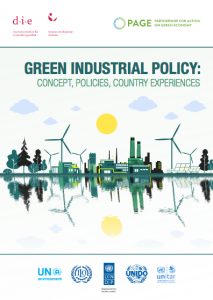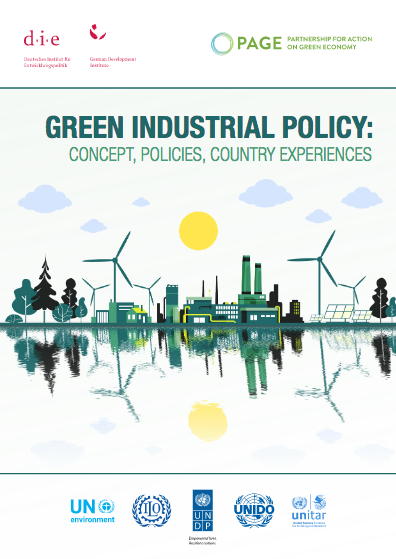 Economic development has so far been achieved at the cost of severe overexploitation of natural resources. Humanity is approaching various ecological tipping points beyond which abrupt and irreversible environmental change at large geographical scales is likely to happen.
Economic development has so far been achieved at the cost of severe overexploitation of natural resources. Humanity is approaching various ecological tipping points beyond which abrupt and irreversible environmental change at large geographical scales is likely to happen.
Hence, all countries need to fundamentally rethink their development pathways and switch to sustainable practices. At the same time, there is – in poor countries in particular – the need to foster structural change in ways that increase productivity and create wealth for the population.
The report “Green Industrial Policy: Concept, Policies, Country Experiences” looks at these two challenges in conjunction. How can countries at different levels of socio-economic development manage the structural transformation towards ‘green’, environmentally sustainable economies in ways that also improve the material well-being of people? Can poor countries in particular achieve both objectives in tandem, and how can they deal with potential trade-offs? To what extent do lessons from industrial policymaking still hold and where are fundamentally different policies needed?
The report discusses the conceptual foundations of „Green Industrial Policy“, presents specific policy reforms that may help to balance environmental sustainability and wealth creation and offers case studies of successful application of green industrial policies in Morocco, Brazil, China and Germany. The report builds on the expertise of 24 authors including internationally leading researchers as well as policymakers from all over the world.
The report “Green Industrial Policy: Concept, Policies, Country Experiences” was published by the German Development Institute / Deutsches Institut für Entwicklungspolitik (DIE) and the Partnership for Action on Green Economy (PAGE), a joint initiative of UN Environment, UNIDO, UNDP, ILO and UNITAR.
Download the report for free here.

